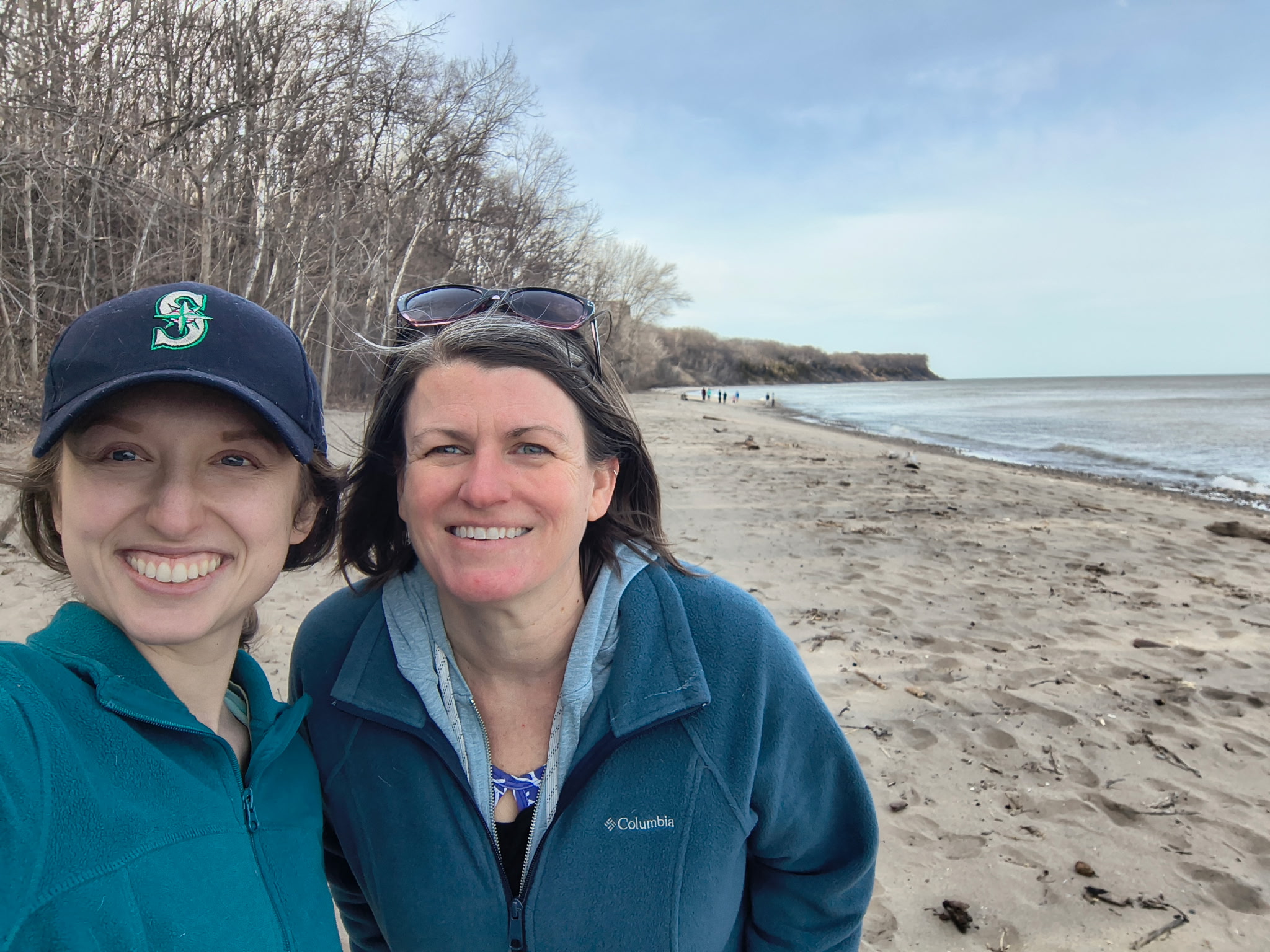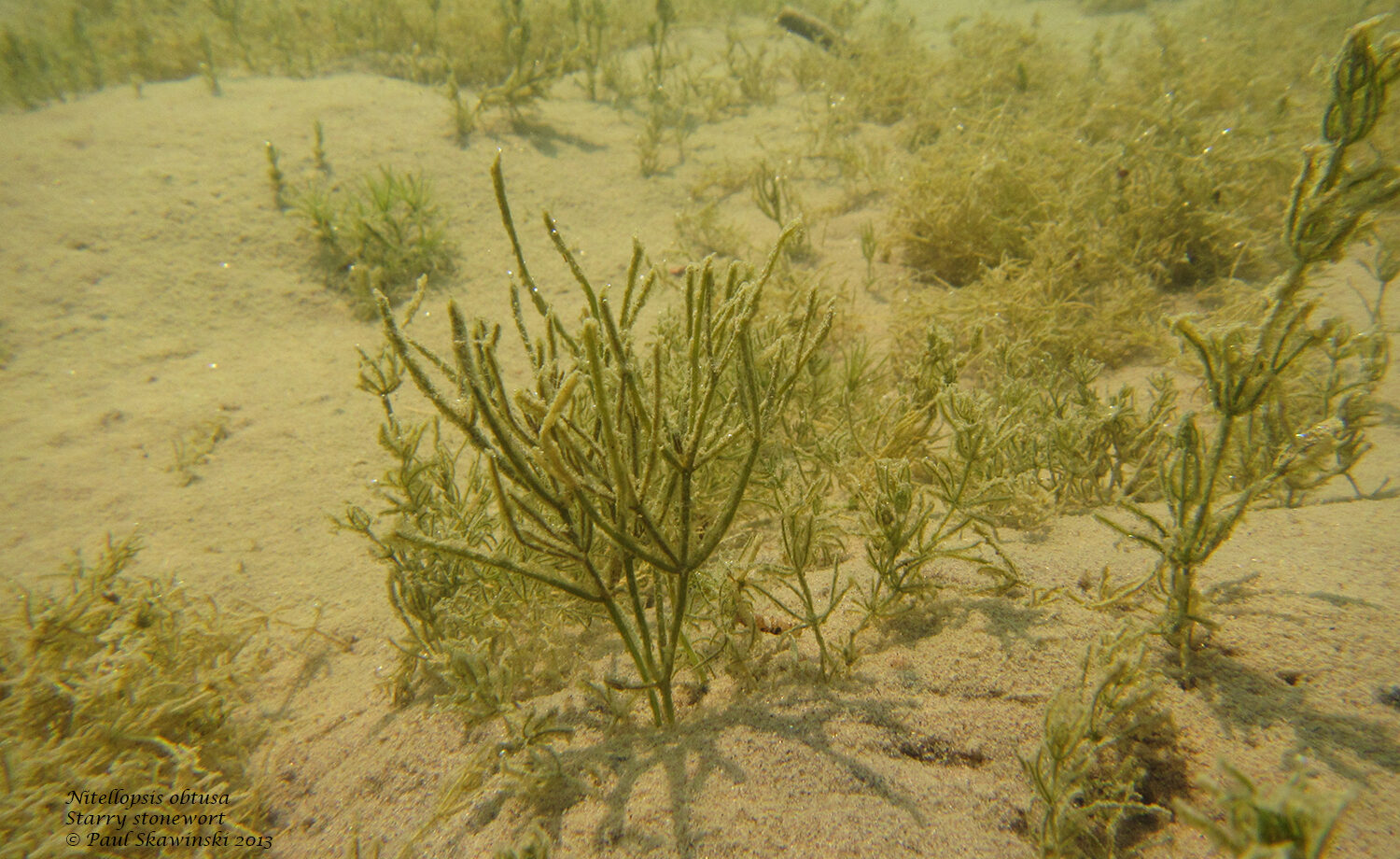Jamie Kozloski always knew she’d spend her career around animals. As an 11-year-old, she was the one catching and caring for lizards she’d find in the grassy areas of Florida.
“Ever since I was young, I loved animals—especially the ones other people didn’t want,” she said.
Dealing with the ones people don’t want is now a full-time-plus gig for the owner-operator of Kingdom Animalia Exotic Animal Rescue (KAEAR), a business Kozloski operates in Hobart, Wisc. Before opening in her new 4,000 square foot location a few months ago, Kozloski spent years running it out of her own home, working multiple jobs to finance it. In the span of about four years, she’s gone from having a 100-gallon pond for red-eared slider turtles in her house to leasing a space that has its own bird aviary, iguana room, and a special place for African tortoises that can grow as large as 120 pounds.
“I haven’t had a chance to sit back and really enjoy it,” said Kozloski of her business’s growth. “But it’s nice to see it turning into something tangible.”
Spin through her business Facebook feed, and you’ll see videos of Kozloski interacting with a zoo-like menagerie of pets she’s rescued and is temporarily housing, from oversized Madagascar hissing cockroaches to lionhead rabbits and majestic iguanas. Surf to her website, and you can fill out forms to adopt a California king snake or a bearded dragon.
For the past two years, Kozloski has partnered with Wisconsin Sea Grant on the Habitattitude campaign, a nationwide effort to convince pet owners not to release their unwanted exotic pets and plants into the wild. At best, the released animals are likely to suffer and die, like the released Burmese python that froze to death in central Wisconsin earlier this year. At worst, the animals and plants could become invasive species, upsetting the natural habitat and potentially damaging the environment.
It was a great fit for Sea Grant and for Kozloski, who spoke on exotic pet rescues at both this year’s Great Lakes Briefs on Organisms in Transit Conference conference in Milwaukee and more recently at the 2014 Upper Midwest Invasive Species Conference in Duluth.
“Jamie and KAEAR have become a unique exotic pet surrender resource in Wisconsin that helps make all of the Habitattitude recommendations work,” said Tim Campbell, Wisconsin Sea Grant and Department of Natural Resources outreach specialist. “Without KAEAR, we’d be recommending alternatives to release that wouldn’t be feasible in Wisconsin.”
Kozloski has her own firsthand evidence that following Habitattitude can make a real difference. She recently got a call from a maintenance worker at a local condo building whose association president had instructed him to deal with the building’s now-unwanted koi pond by dumping all 54 fish—yes, all of them–into a local lake.
“He told me it didn’t feel right,” she said. “So we spent two days in that ice-cold pond trying to net them all out,” she said.
Now, the entire school is camped in the enormous 300-gallon pond in Kingdom Animalia’s lobby, serving as a bright and colorful welcome to visitors as the fish await adoption.
“I’m glad they’re here, rather than wrecking the water quality in a lake somewhere.”
It’s been a long and sometime bumpy road for Kozloski, whose animal-centric career path really began in 2006, when she took an animal control internship that put her in contact with exotic animals people were looking to lose.
As she became more aware of the scope and need for exotic animal rescue—and her home began to fill with a dizzying range of critters—a determined Kozloski realized she wanted to do more. In 2012, she incorporated as Kingdom Animalia, a name she came up at her family dinner table when she was only 15. After two years of running the business out of her home, she’s now achieved both non-profit status and her very own space. The former allows her to do things like raise money by applying for grants, hire students to help her and organize volunteers to clean Green Bay’s Lambeau Field after Packer games. The latter allows her to step up the number of pet surrenders and adoptions she can handle. Currently, KAEAR has about 60 rescued pets, about half of which consist of those koi fish.
“It’s very expensive to do what I’m doing,” she said. “I put everything I have back into the business.” Her Habitattitude partnership with Sea Grant and Wisconsin’s East Central Regional Planning Department has helped raise her profile and open a few doors.
But just because she’s handling more surrenders and adoptions doesn’t mean she’s cut back on the Habitattitude-related outreach. One of Kozloski’s recent targets has been shopping-mall kiosks that sell cute exotic pets like sugar gliders to customers who have no idea what they’re getting into when they purchase these high-maintenance pets.
In the Fox River Valley, one of the growing problem pet-release species is the red-eared slider, a type of turtle that can survive cold Wisconsin temperatures and can also grow quite large. It’s more aggressive than the native painted turtles, which could pose another risk.
“You don’t have any idea what it’s going to do to the ponds and environment,” Kozloski said. “People are like, ‘It’s just a turtle. It’s just a snake.’ But these animals can be a real threat to the community.”
Kozloski has even bigger plans for 2015, including hosting a pet amnesty day at Kingdom Animalia (in previous years, she’s had to use other locations) and making her annual appearance at Green Bay’s Pet Expo. Her new space is under lease for the time being, but she hopes to eventually find a permanent space she can purchase. The most important thing, she said, is building awareness.
“I want people to realize that I’m here,” Kozloski said. “If people know there’s a resource to help them, then they won’t release their pets into the wild.”
More information about Kingdom Animalia Exotic Animal Rescue can be found on www.kaear.org and KAEAR’s facebook page: https://www.facebook.com/pages/Kingdom-Animalia-Exotic-Animal-Rescue/ For more information on the Habiattitiude Campaign, visit www.habitattitude.net





